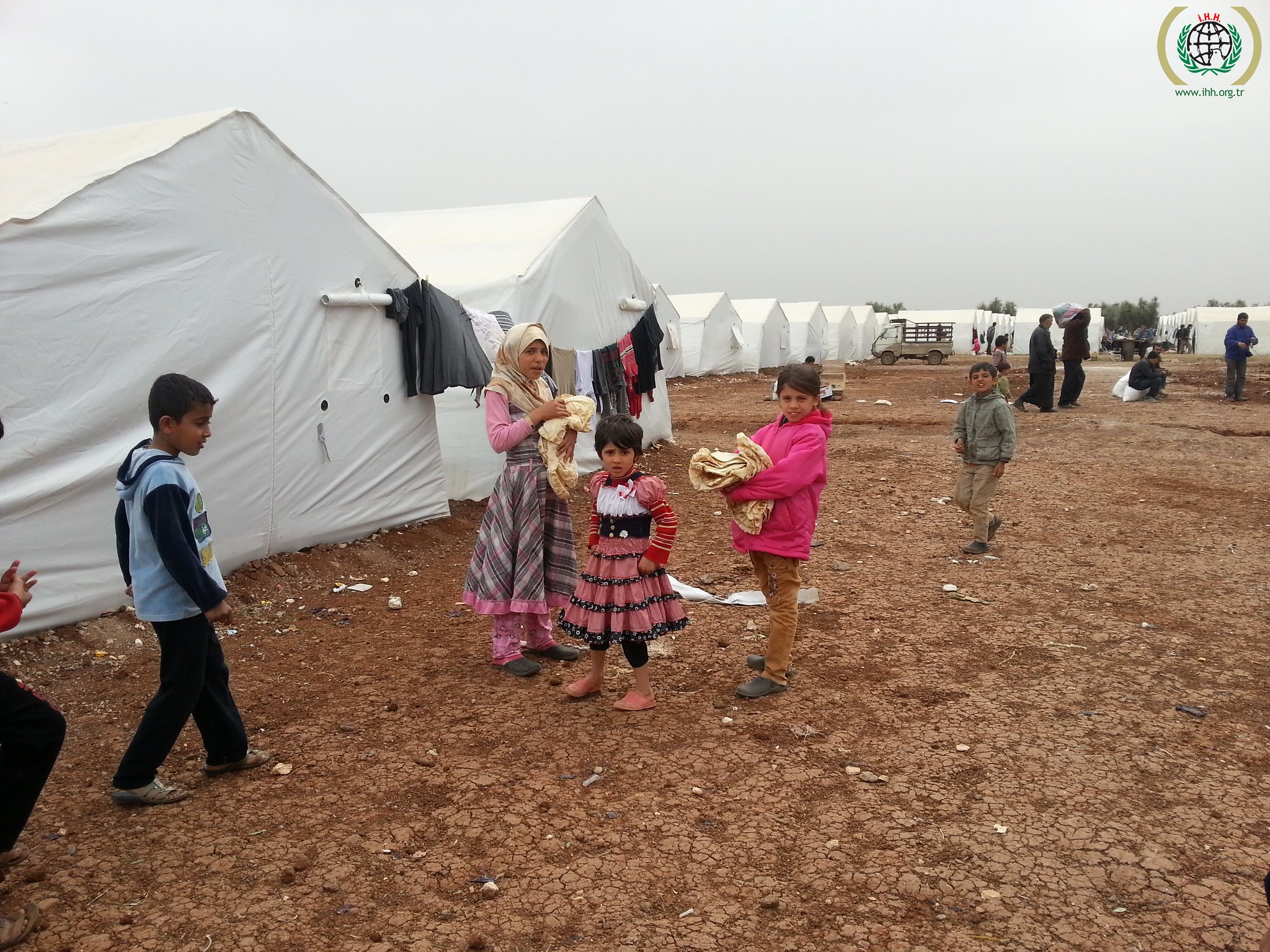CANBERRA (Parliament Politics Magazine) – Vulnerable Australian children who are stuck in Syrian prison camps for Daesh members will be the first citizens to return home, government’s plans assure, the Guardian reported,
The most ill children will be given the priority for return. Some mothers face the danger of being arrested when repatriated to Australia on terror charges.
Around 60 Australian women and children are being held in detention facilities in northeastern Syria. All of them have connections to former Daesh fighters who left Australia to join the terrorist organisation.
Nearly all of them have been detained in the camps for more than three years; about 40 of them were born to Daesh wives since the Syrian Civil War began. Some people were even born in the Al-Hol and Al-Roj camps, where horrifying living circumstances have led to the deaths of many people through sickness, frostbite and abuse by other inmates.
Canberra’s repatriation plans will give priority to up to 30 individuals of the most vulnerable families, with a particular emphasis on the sickest children or women who are thought to have been smuggled into the nation by abusive Daesh fighting husbands.
More repatriations are anticipated as winter approaches and the operation is expected to start soon.
Many of the women who are scheduled to return to Australia could be arrested there, according to The Guardian.
Australian National University’s professor of international law, Donald Rothwell said in the Australian edition of the newspaper that “Australia’s obligations under the convention on the rights of children and the obligations to protect those children in circumstances where it is possible to do so are raised by the fact that the majority of those in the Syrian camps are children.”
Rothwell said that the adults could face charges for their ties with and involvement in terrorism because they are subject to criminal law of Australia.
Any charges linked to those matters could be pursued against the adults entering Australia, where they may face arrest upon arrival, he warned.
The sources at Guardian who maintain anonymity said that they would have the right to return at some point in the future, but leaving them in the camps increases the risk of further radicalisation, putting Australians in danger. The operation is being carried out to support Australia’s national security interests.
This will be Canberra’s first repatriation operation since 2019, when the previous government brought back eight orphans among them a teenager who was pregnant.
The majority of the Australians are detained in the Al-Roj camp, which is close to the Iraqi border. The women in Al-Roj camp have volunteered to be subject to government control orders when they return home since they run the possibility of being arrested and facing additional restrictions on their freedom.
The Democratic Forces of Syria, who control the camps of Al-Hol and Al-Roj, as well as the regional de facto administration of northeastern Syria, have encouraged Western nations to repatriate their residents.
While serving in the previous administration, the shadow home affairs minister, Karen Andrews, claimed she opposed these plans because of a potential security risk.
She wasn’t willing to take the chance of sending Australian officials into Syria to get those people out, she said.
And she was worried about the risk of those people returning to Australia, because they might not have deradicalised and could well have been radicalised, she added.
Tanya Plibersek, the government’s environment minister, however, stated that once citizens are brought back from Syria, there will be a constant expectation that their security and intelligence agencies would keep in contact with these people and watch them.






